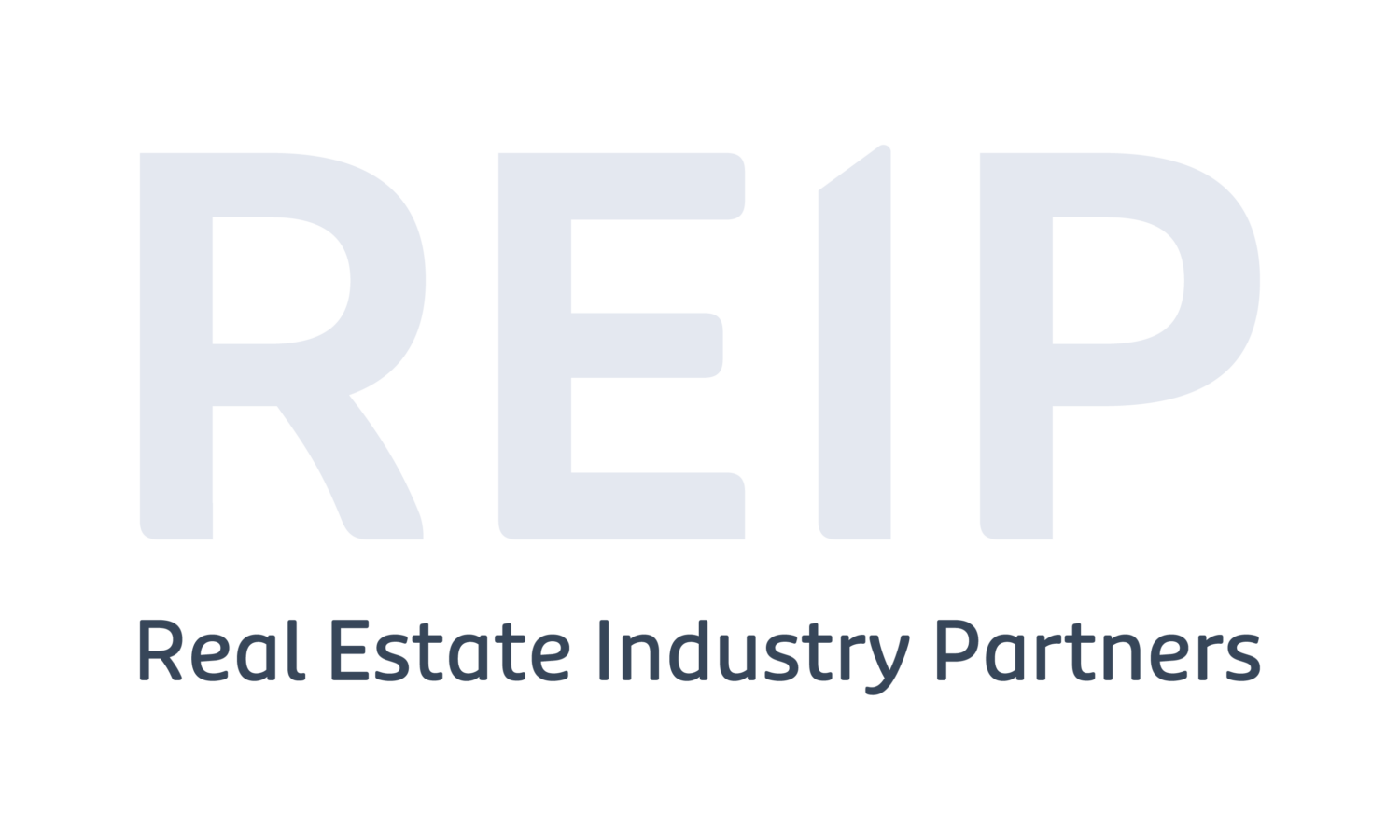Over the last few years, Australian Proptech has grown at an incredible pace.
We often hear the term “Proptech ecosystem,” suggesting that all the different systems – CRMs, property management platforms, inspection apps, CMA tools – should seamlessly communicate. In reality, we’re far from that ideal. What we have is more like a patchwork quilt: disconnected systems that don’t share data, forcing agents to log into multiple platforms and repeatedly re-enter the same information.
This lack of integration doesn’t just create inefficiency; it affects the client experience too. Without a single, unified view of your business or your clients, interactions become fragmented, opportunities are missed, and reporting becomes a chore. A truly connected ecosystem would streamline operations, improve insights, and make life easier for both teams and clients. But getting there requires more than just wishful thinking.
So why is it so hard to make systems talk to each other? The messy truth is that most real estate systems weren’t built with collaboration in mind. They were designed at different times, by different teams, for different purposes. As a result, even the best platforms often operate in silos, unable to share data effectively.
APIs (the “translators” between systems) exist to bridge the gap, but even they can be complicated. Different systems speak different “dialects,” integrations are expensive to maintain, and sometimes they only work if you pay for premium features. This complexity makes integrations fragile, costly, and frustrating.
The key to successful integration isn’t clever technology alone – it’s shared value. Integration works when it makes life easier and more profitable for everyone involved: agents win more listings, landlords get better insights, tenants receive faster service, and owners reduce costs.
When data sharing creates benefits for all parties, integrations are adopted naturally, rather than imposed. The future of Proptech relies on this mindset of collaboration and shared upside.
Here’s where things get really interesting – and a little uncomfortable. For years, the industry has been giving away its most valuable asset: data.
Supplier platforms take the information agents collect, refine it, and sell it back. While this provides value, it’s easy to forget that the original data belongs to the agents and agencies who generated it.
APIs, integrations, and data pipelines are the modern equivalent of oil rigs and refineries – they are where value is extracted, refined, and redistributed. If we don’t control how these “pipes” are built or who manages the flow, we lose ownership of the very resource we create.
This is why REIP exists: to help the industry reclaim control, build smarter data infrastructure, and encourage integrations that deliver better insights and empower decision-making. By owning APIs, investing in products, and driving collaboration, we can ensure the benefits of data flow fairly across the industry. Data is the new oil – but this time, the industry should build the refinery itself.
On Friday, I’ll be presenting on a panel at The Proptech Forum 2025 in Abbotsford – and I’m really looking forward to being immersed in the forward-thinking ideas that are shaping the future of real estate technology.
Until next time,
Stay connected.
![]()
Sadhana Smiles
CEO, Real Estate Industry Partners

Your industry-backed and owned CMA and market insights tool helping you drive your real estate business with your data
Not an REIP member yet?
Join today for free and access exclusive discounts and offers from our partners.
Keep up to date with the latest industry news.
Subscribe to REIP Inside Real Estate.











